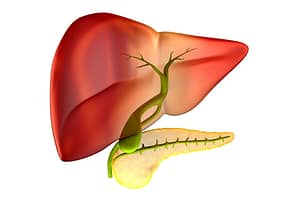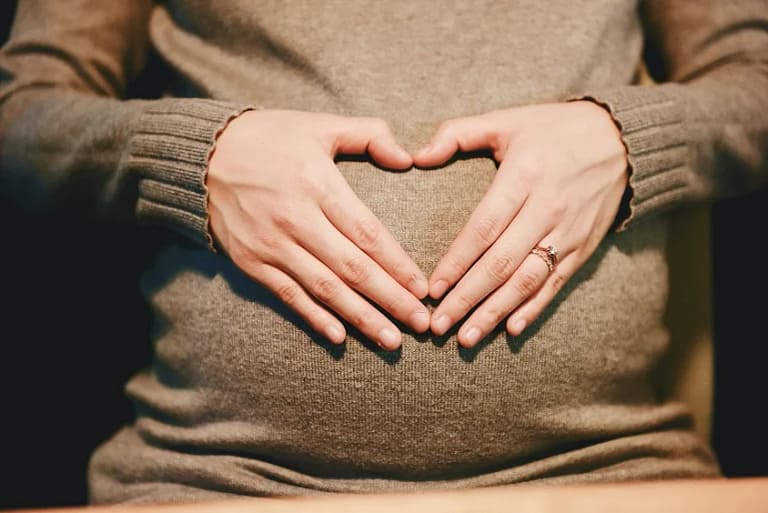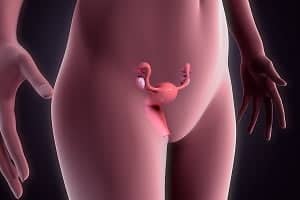Browsing: Women Health

The page provides quick access to a list of common diseases, syndromes, health conditions, and other topics of health importance pertaining to women’s health. The list is organized alphabetically. Links are provided to respective diseases sections that serve as a comprehensive and ultimate guide about the disease or health condition.
A gynecological disorder involves damage or risk to any female reproduction organ, which includes the abdominal and pelvic area, i.e., ovaries, uterus, fallopian tubes, vagina, vulva and breasts. Some of these disorders can even affect the proper functioning of the reproductive system and may create difficulty during pregnancy or child birth.
Healthcare professionals believe that every woman may suffer from one or another type of gynecological condition at some point in their life. In the past few years, the incidence of few gynecological disorders has sternly increased such as endometriosis, uterine fibroids and breast cancer. They have not only affected adult women, but teenage girls also have shown high incidence of certain gynecological diseases.
From puberty till menopause, a woman’s reproductive organs are continuously changing due to sexual activity, pregnancy and aging. These changes occur due to variation in hormonal levels in the body. An injury or a disease can also affect your reproductive system, leading to a gynecological disorder.
Common gynecological disorders include dysmenorrhea, vulvodynia, chronic pelvic pain, breast cancer, polycystic ovary syndrome, endometriosis, uterine fibroids, vaginitis and menstrual cramps.
10 Facts All Expecting Parents Should Know About Birth Injuries
Image Source Pregnancy is a special experience for both mother and father. It is filled with joy and anticipation. However,…
Lifestyle and Dietary Adjustments for Managing Postmenopausal Health Challenges
Menopause marks a significant transition in a woman’s life, bringing various physical and emotional changes. As the body adapts to…
Irregular ovulation can impact women’s health. Studies show a connection between irregular menstrual cycles or ovulation disorders and increased risks of cardiovascular disease and osteoporosis. Managing ovulation disorders through medical advice may lower these risks and enhance overall health.
Lip tie is when an infant’s upper lip is tightly attached to the gums, leading to breastfeeding problems, dental issues, and speech difficulties. It’s caused by a restricted frenulum, with factors like family history, prematurity, and gender increasing the chances. Signs include latch difficulties, gas, fussiness, colic, and a heart-shaped or notched upper lip. Parents should consult a doctor if they suspect lip tie to avoid complications and enhance outcomes.
Pregnancy After Miscarriage: What to Expect and How to Cope With It?
The loss of a pregnancy can be a difficult experience, but preparing for a healthy pregnancy after miscarriage is possible. Coping strategies include emotional support, therapy, and stress reduction techniques. It is essential to prioritize physical health with proper nutrition, exercise, and regular prenatal care. Common concerns about pregnancy after miscarriage include fear of another loss, but discussing these concerns with healthcare providers and loved ones can help ease anxiety.
How to Know if You Have Endometriosis or Polycystic Ovarian Syndrome?
Endometriosis and polycystic ovarian syndrome (PCOS) are common disorders in women that affect about 10 percent of women worldwide. The conditions particularly occur in women of childbearing age. These problems can be quite painful and it can be very difficult to cope with them, still they are often hard to recognize.
Foul Smelling Vaginal Discharge: Definition And Treatment
Vaginal discharge is a fluid or semi-solid substance that is released from the vaginal opening. Most women have at least some vaginal discharge and it is normal. If the vaginal discharge is not normal, it is considered a sign of some disease or health problem such as an infection.
Vaginal Odor: What Can I Do For Feminine Odor?
Are you worried because your vagina smells or stinks? Vaginal odor in women is not so uncommon. This may be due to many reasons. Infection can be one of them. But it is not always due to an infection. It may be due to your food and drinking habit, lifestyle etc.
Postpartum preeclampsia is a less common condition but can become life-threatening and serious. About 15 percent of postpartum preeclampsia patients experiences more severe aspects such as eclampsia, which is characterized by seizures. Getting the right medicine and dosage is important to lower your blood pressure and avoid complications.
Preeclampsia is a condition that occurs only during pregnancy. Symptoms of preeclampsia are high blood pressure and protein leakage in urine. The condition generally develops after 20th week of pregnancy, although it can happen even earlier. Preeclampsia affects about 6% of women in pregnancies. The complications can be severe.













